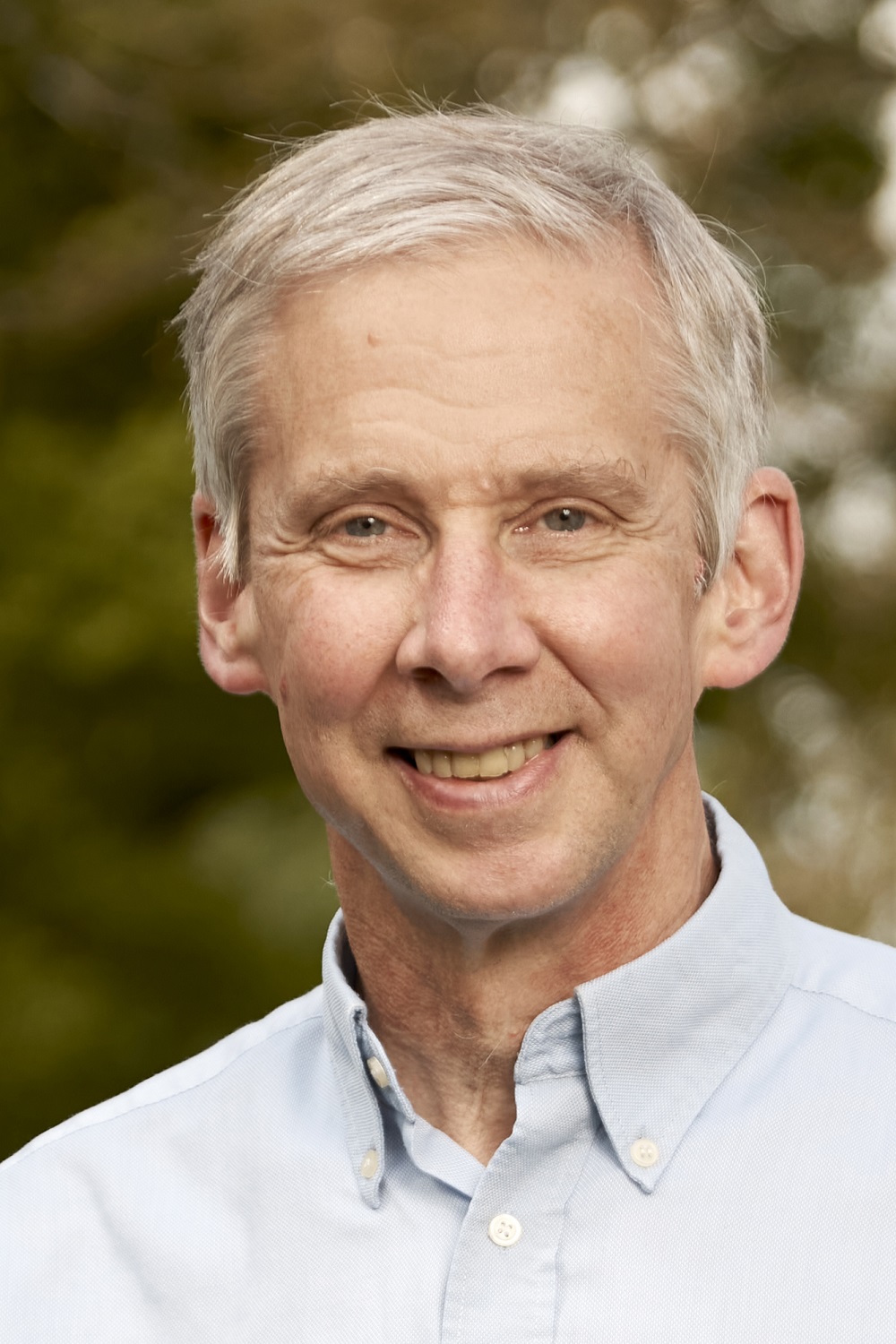Mutations can be good for you, says Professor Phil Jones FRS (Medicine 1980), now a Fellow of Clare College and a senior group leader at the Wellcome Sanger Institute, following research which could shape future responses to cancer.
Phil’s research on the skin and on the gullet (oesophagus), has shown that both tissues get taken over by mutant cells as we age. By the age of 70 there are few normal cells left in the oesophagus for example.
“As we age our tissues become a Darwinian battleground, with cells carrying different mutations fighting it out. Only the fittest mutants survive,” Phil says.
Mutations in normal tissues matter, as if cells pick up certain combinations of mutations they may develop into a cancer.
“This insight about the huge level of mutations in normal tissues is overturning the way we see the mutations that we find in cancers,” he says.
“We now have to explain why cancers are so rare compared with the number of mutant cells in our ageing tissues.”
One factor that may protect us against cancer is the presence of ‘good’ mutations. It now seems that there are desirable mutations that may protect us against cancer.
Phil adds: “We have mutations which protect us against developing tumours alongside the bad mutations which promote cancer in the same tissue. For example, some mutations are able to force microscopic, early tumours out of the oesophagus. See Phil’s article in Nature
“Maybe studying mutations in normal tissues will give us clues into how we can prevent the disease. If we can increase the proportion of anti-cancer mutants and decrease that of pro-cancer mutants in our tissues it may be that the risk of developing cancer can be reduced.
“Discovering drugs or environmental approaches that do this is what we want to do now.”
Advances in the technologies that enable genes to be sequenced and also edited are expediting the work Phil is doing.
“I don't know whether we'll come up with an intervention that will be suitable for use in people, but we might be at least be able to show whether it's possible in a lab model,” adds Phil.
“I think we'll just have to accept that this being taken over by mutations is just part of ageing. However, what we might be able to do is to temper process, encouraging the good mutations and depleting the bad ones. This may reduce the burden of cancer and possibly other age related diseases.”
Phil was in May named a Fellow of the Royal Society in recognition of his work.
“My overwhelming emotion is gratitude because it's a sort of lifetime recognition award,” says Phil, who paid tribute to his mentor, Professor Ron Laskey, a Fellow of Darwin College.
“I'm really grateful to all the people who've helped me in my career and I'm immensely privileged to have been working in research institutes which are incredibly well funded.”

